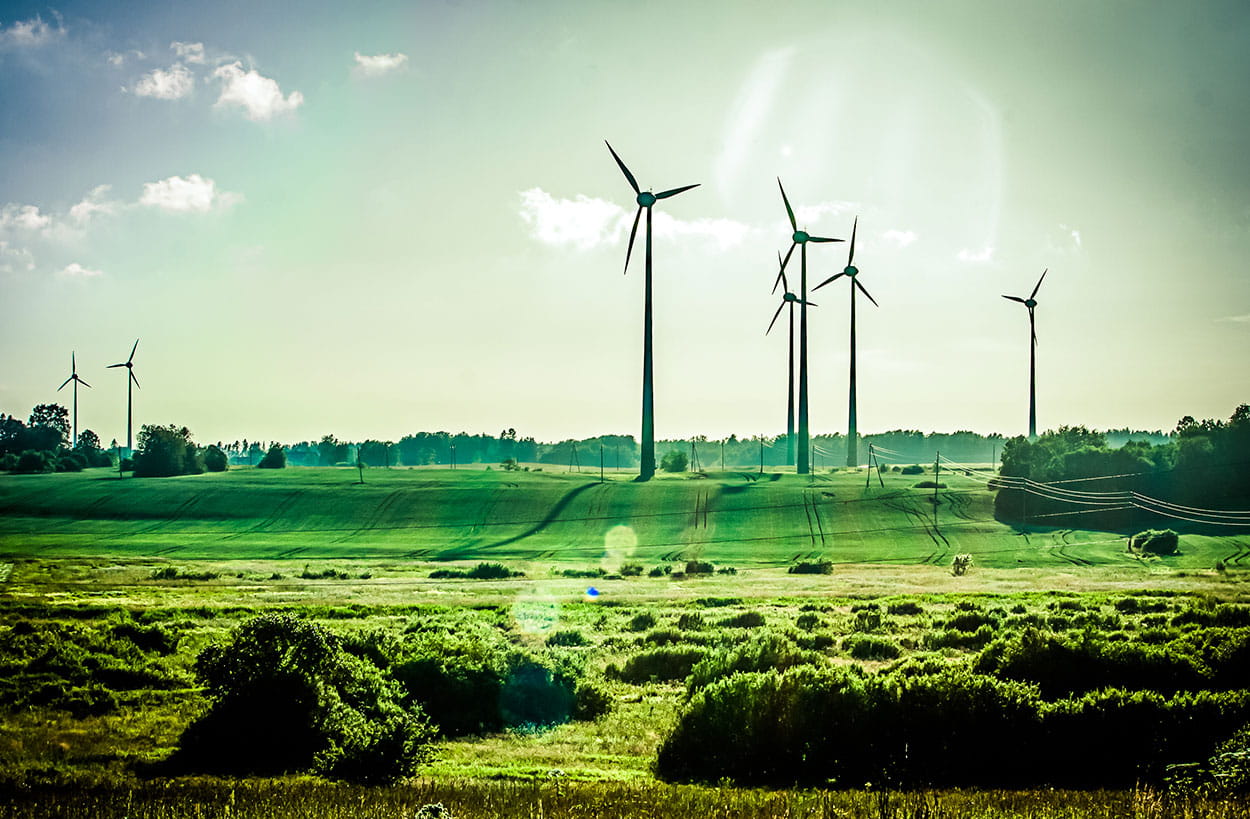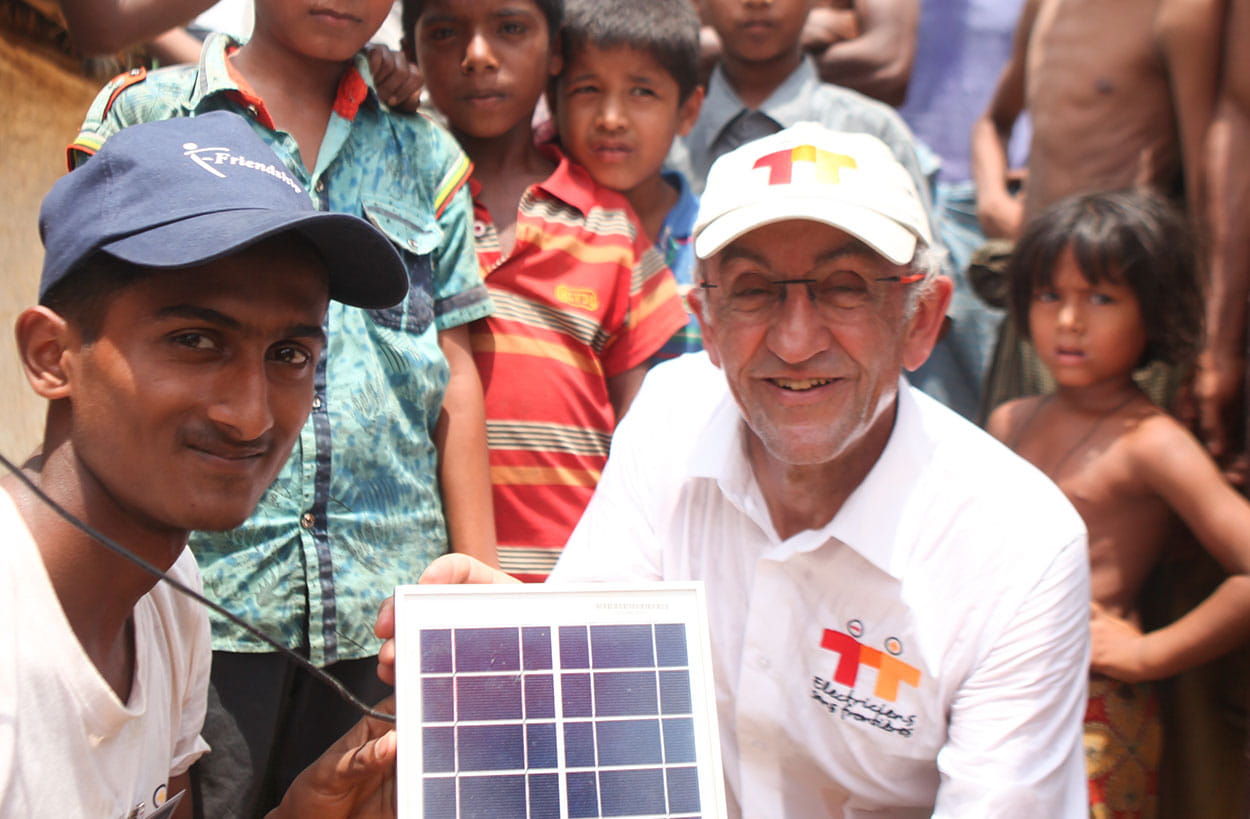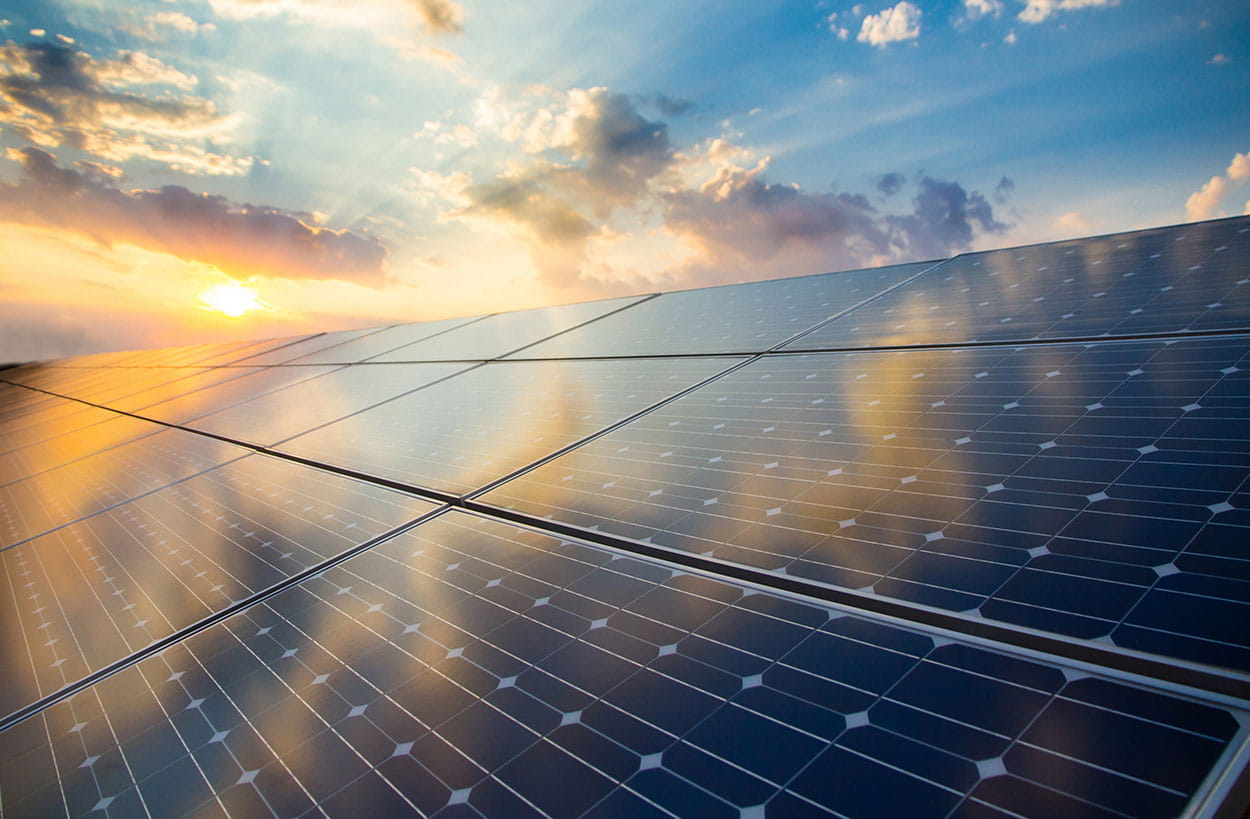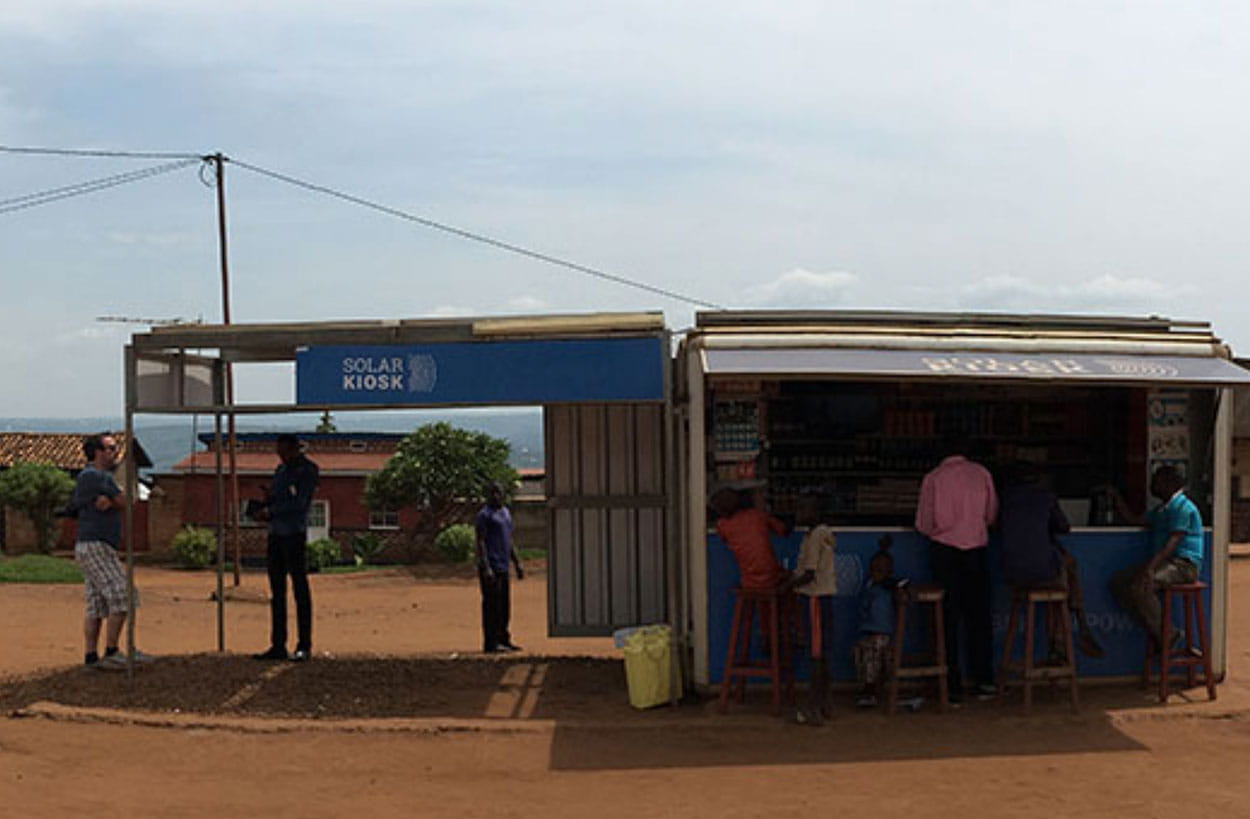The foundation for any significant impact on climate change is how we address energy consumption and its supply. Renewable energy (RE) is central to realising the aims of the Sustainable Development Goals (SDGs) and as technology improves and costs reduce, investment in RE will increase.
By end of 2019, global investment in renewable energy capacity (excluding large hydro), is set to reach over 1,650 GW. According to the UN Environment Programme (UNEP), RE now contributes 26.3 per cent of worldwide electricity production – a quadrupling of capacity, in just 10 years. The 2020 Zayed Sustainability Prize (Energy Category) finalists are excellent examples of SMEs and NPOs supporting in these areas and ensuring progress towards the UN’s 17 SDGs, particularly SDG-1, SDG-7, SDG-8, SDG-9, SDG-11, SDG-13 and SDG-17.
We asked the 2020 Energy Category finalists, along with renowned, international social entrepreneur, Dr. Andreas Jacobs, of the Prize Jury, to share their specialist commentary on some of the key issues affecting the sector, and the impact new and affordable technologies may have, going forward.
1) Over the last decade, price and performance parity on the grid, between conventional and renewable energy, is a reality in many countries. Nevertheless, the uptake of renewables on a nation-wide level has been slower than expected, especially among lesser developed countries – and reliable electricity remains a challenge for millions of people. In your opinion, what are some of the emerging technologies and solutions that will increase accessibility and lower barriers on cost (while bypassing the need for government buy-in)?
Andreas Spiess, CEO of SOLARKIOSK:
Solar is the “sunny” way to empower rural off-grid communities with electricity. Because solar solutions can be designed and tailored in economically feasible sizes, according to the needs and capacity of the respective off-grid community. Solar can come as a solar-powered light, solar home systems (SHS), as a mini-grid or – as in the case of SOLARKIOSK´s “Connected Solar Market Center” – as a B2B micro-grid solution with all the necessary productive use appliances for kick-starting the economic output of a community.
SOLARKIOSK´s Connected Solar Market Center does not need the buy-in of the government as it provides a purely B2B-value preposition whereby energy is part of a service bundle that comes along with connectivity, marketing tools and the necessary appliances for the local entrepreneur to boost her business.
Herve Gouyet, President of Electricians Without Borders:
At Electricians without borders, we believe that the development and growing accessibility of renewable energy decentralized power generation solutions represents a real chance of providing the 1 billion people that still live without electricity, with a safe, sustainable source of energy, adapted to their local resources. We also know that if we want to achieve SDG 7 by 2030, an important effort has to be made to actively reach the vast majority of those 1 billion: the poorest of the poorest, the most isolated and rural communities. We must tackle the public services that are often left behind: powering health centers, schools, public lighting. Those services are the only ones that provide benefits equally, no matter one’s resources or capacity to pay. We believe in solutions that cover individual and business needs but also includes the electrification of prioritized collective services in a community, to sustain long-term development. As an organization we have already impacted hundreds of thousands of lives through providing them with access to energy for health, education, income generating activities.
Juan Fermin Rodriguez, Founder of Kingo Energy:
17% of the world’s population still lacks access to electricity. These 900+ million individuals have been largely neglected by the modern energy industry due to immutable inefficiencies, high expansion costs and low return on investment. Even though they are the people who need it the most, both markets and governments have failed to provide them with electricity, leaving them to pay for the most expensive and dirtiest energy substitutes available; candles, kerosene lamps, and diesel generators. Solar energy systems are the solution for these markets and Kingo has brought together existing technologies with an innovative commercial strategy to create a market proven solution capable of providing electricity to the last-mile customer and turn lives ON.
2) As energy access solutions become more readily available across the world, how do you think this will impact human lives for the better? Please elaborate within the framework of the sustainable development goals.
Herve Gouyet, President of Electricians Without Borders:
The fight against poverty through sustainable access to electricity is essential to the human and economic development of the poorest people. Electricians Without Borders has been working for decades to provide underprivileged and isolated communities with sustainable, efficient, affordable and environmentally-friendly access to energy, and reduce their use of candles or kerosene lamps – which are expensive and harmful to their health and the environment.
By making access to energy a lever for development, several Sustainable Development Goals are targeted. The first, is SDG 7; “By 2030, ensure universal access to affordable, reliable, and modern energy services”, in addition to SDG 13; “Take urgent action to combat climate change and its impacts,” which we are tackling through solar energy. Finally, our solutions address SDG 8; "Promote sustained, inclusive and sustainable economic growth, full and productive employment and decent work for all," through training activities which are at the core of our work. This encompasses transferring in-demand technical and practical skills as well as providing local beneficiaries with income generating opportunities as first-level electricians.
Andreas Spiess, CEO of SOLARKIOSK:
‘Energy for all’ impacts humans and their way of life in many ways: renewable energy, as SOLARKIOSK provides it, is affordable and clean (SDG 7); it reduces poverty as sustainable and affordable energy saves households money and increases the output of businesses (SDG 1). It contributes to the development of industry, innovation and infrastructure, particularly in underserved areas where SOLARKIOSK is active (SDG 9). If used productively, it has an enormous impact on decent work conditions and economic growth, both on a micro- and macro-level (SDG 8). It also fosters gender equality, as renewable energy is used by women to generate independent income (SDG 5). It contributes to zero hunger, as energy boosts and optimizes agricultural output (SDG 2). Finally, if distributed with inclusive business models, it necessitates partnerships (SDG 17), to achieve all these goals.
Juan Fermin Rodriguez, Founder of Kingo Energy:
The lack of energy access represents one of the biggest restrictions for progress, as it conforms the base for all modern productive activity. The growing energy access solutions industry has provided millions of neglected families with their first steps in the energy ladder leading to economic progress. Energy brings with it joy and overall improvements in quality of life, creating significant impacts to a wide range of development indicators, including health, education, food security, gender equality, poverty reduction, and happiness. Children can study longer, productive activities and household chores become possible at night, days are extended on both ends and families can safely enjoy more time together. Access to electricity turns ON, boosts economic progress and promotes well-being.
3) With increasing global recognition that the water-energy-food-health nexus is core to the UN’s Sustainable Development Goals 2030, sustainable growth has become increasingly important in addressing climate change and the needs of billions of people, without access to basic services.
Yet, links between and among the water, agriculture, energy, food/nutrition, and health communities are weak, with serious implications for the effectiveness of existing efforts. In your opinion, what kind of infrastructure is needed to ensure that innovation and progress, in certain areas of the nexus, are not undermined by a lack of action in others?
Dr. Andreas Jacobs, Selection Committee Member (Energy Category), Zayed Sustainability Prize:
The strategic pillars of the Sustainable Development Goals 2030, around water, energy, food and health, are closely interlinked. And they are all based on one fundamental problem: Poverty. Addressing one pillar without the other is not effective and means that we are still closing our eyes around the fundamental challenge of lifting people out of poverty.
We must engage our businesses to create industry standards and industry initiatives to improve the livelihood in communities on a holistic basis. All our strategies, business models and product developments must aim for initiatives to lift the poverty level through the integration and use of the extreme poor in our value chains. Furthermore, we must respect and acknowledge their value as human beings. Companies and industries have to become leaders in creating global values, and not just leaders in creating dividends. Business must be a force for good.
.svg?iar=0&hash=670E3638BC16C0DD69B262DD1184DEA8)




